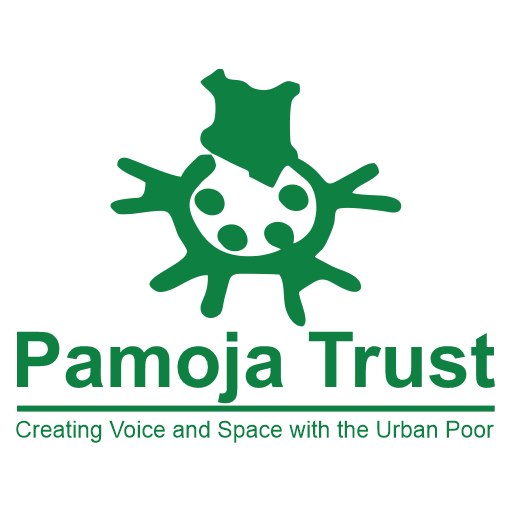The pursuit of a green economy is both justified and actively undertaken, and Kenya is no exception. Following this discussion, it is essential to consider the role of just transitions in advancing responsible business conduct and ensuring decent employment opportunities for youth. The article thus seeks to look at just transitions from two perspectives. The first one is in relation to the labour practices. These include human rights standards to the labour relations in the debate of responsible business conduct. The second strand relates to the implications of greening the economy to communities and the attendant justice questions. The nexus between the two is broadly based on the term social-safeguards’ to greening the economy and the attendant infrastructural development.
Social Safeguards
1. Engagement on Land:
Approximately 70% of land in Kenya is classified as community land, yet only 2% of it is formally registered. In cases where land remains unregistered, the respective County Governments hold it in trust on behalf of the community. Given that community land is frequently targeted for resource extraction without consultation or compensation, there are high chances of land related impacts i.e., displacements requiring relocation action plans, environmental and social impacts necessitating Environments and Social Impact Assessment, and disputes that call the establishment of Grievance Redress Mechanism, among others.
2. Protection of Vulnerable Groups
Local populations living on community land in Kenya are predominantly vulnerable and/or indigenous people. The vulnerability manifests in terms of economic inequality, such as higher levels of poverty which increase dependency on external systems, health disparities, limited land rights, and restricted access to resources such as water, which is particularly important in this context due to the high water consumption associated with hydrogen production.
To address these vulnerabilities, civil society organizations (CSOs) must advocate for and support the implementation of key social safeguards, including:
- Cultural Heritage Protection Plan
- Gender Equality and the Prevention of Gender-Based Violence (GBV),
- Sexual Exploitation and Abuse (SEA), and Sexual Harassment (SH)
- Child Protection Strategy
- Inclusion of indigenous people
3. Public/stakeholder engagement;
Effective public and stakeholder engagement involves understanding how local populations interact with investors, how investors approach and engage with communities, and how to ensure the implementation of Free, Prior and Informed Consent (FPIC). It also requires the ability to communicate complex technical information in ways that are understandable to local grassroots communities.
4. Labour Management Plan
A Labour Management Plan should focus on the creation of decent jobs for the local population, outline fair and safe working conditions, and ensure inclusive representation in decision-making processes related to energy transitions.
Where we can plug in:
1. Advocacy and Lobbying for favourable policies, regulations, and financial incentives for green hydrogen investments. We can also monitor the implementation of policies and hold governments and businesses accountable for their commitments to clean energy (e.g. the Local Content Bill, Benefit sharing Bill).
2. Advocacy on the social safeguards (highlighted above) includes building public awareness, ensuring fairness, driving demand, fostering innovation, and holding stakeholders accountable.
3. Monitoring and Accountability: Civil society organizations play an important role in monitoring the environmental and social impacts of green hydrogen projects. M&E can ensure that projects are implemented sustainably, with attention to local ecosystems, indigenous rights, and community well-being.
This article was originally published in DanChurchAid’s 2025 report, “Joining Forces for a Just Transition – Sustainable and Responsible Markets, and Employment Opportunities for the Next Generation,” published by DanChurchAid in 2025 as part of the Africa Business and Human Rights Forum.


